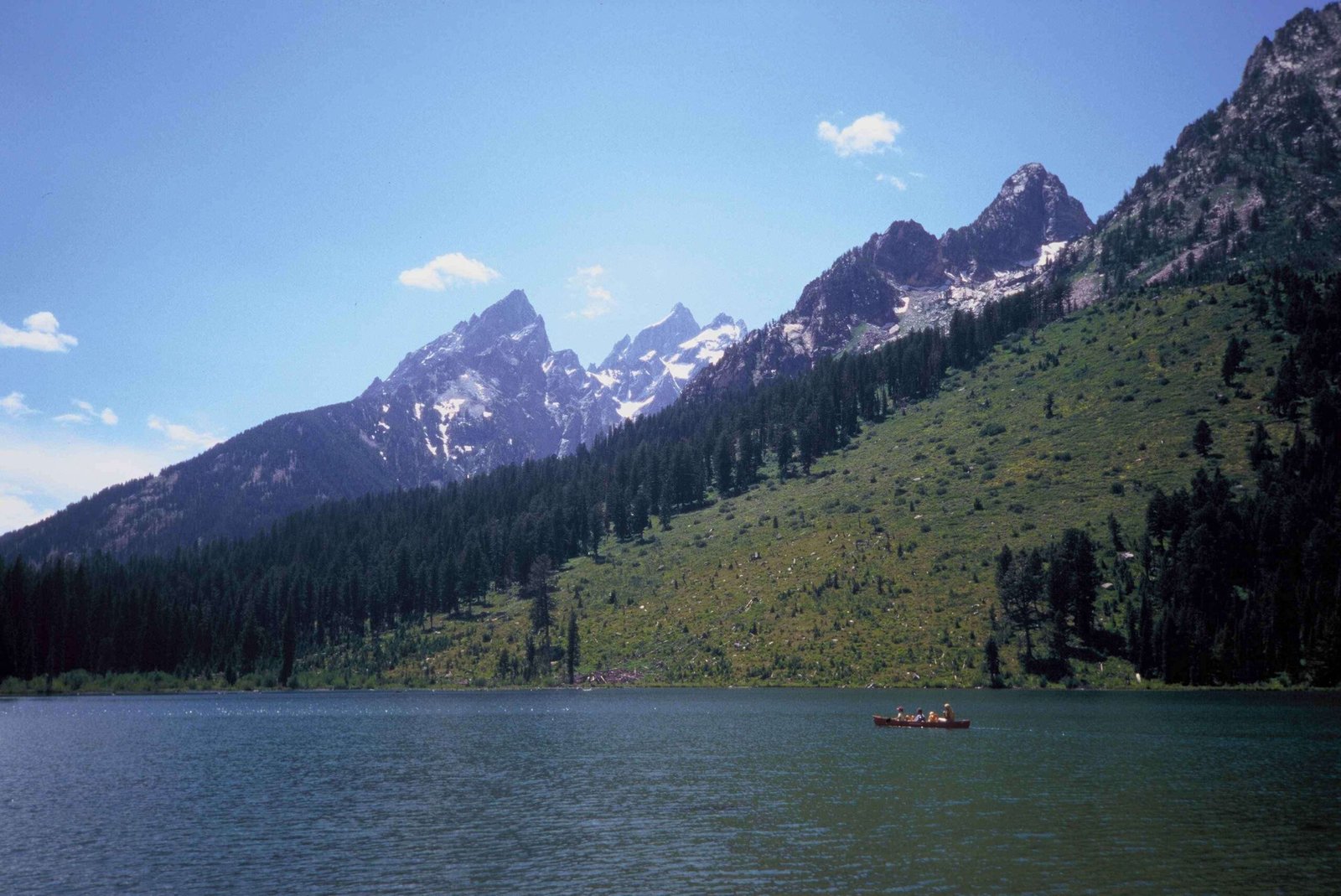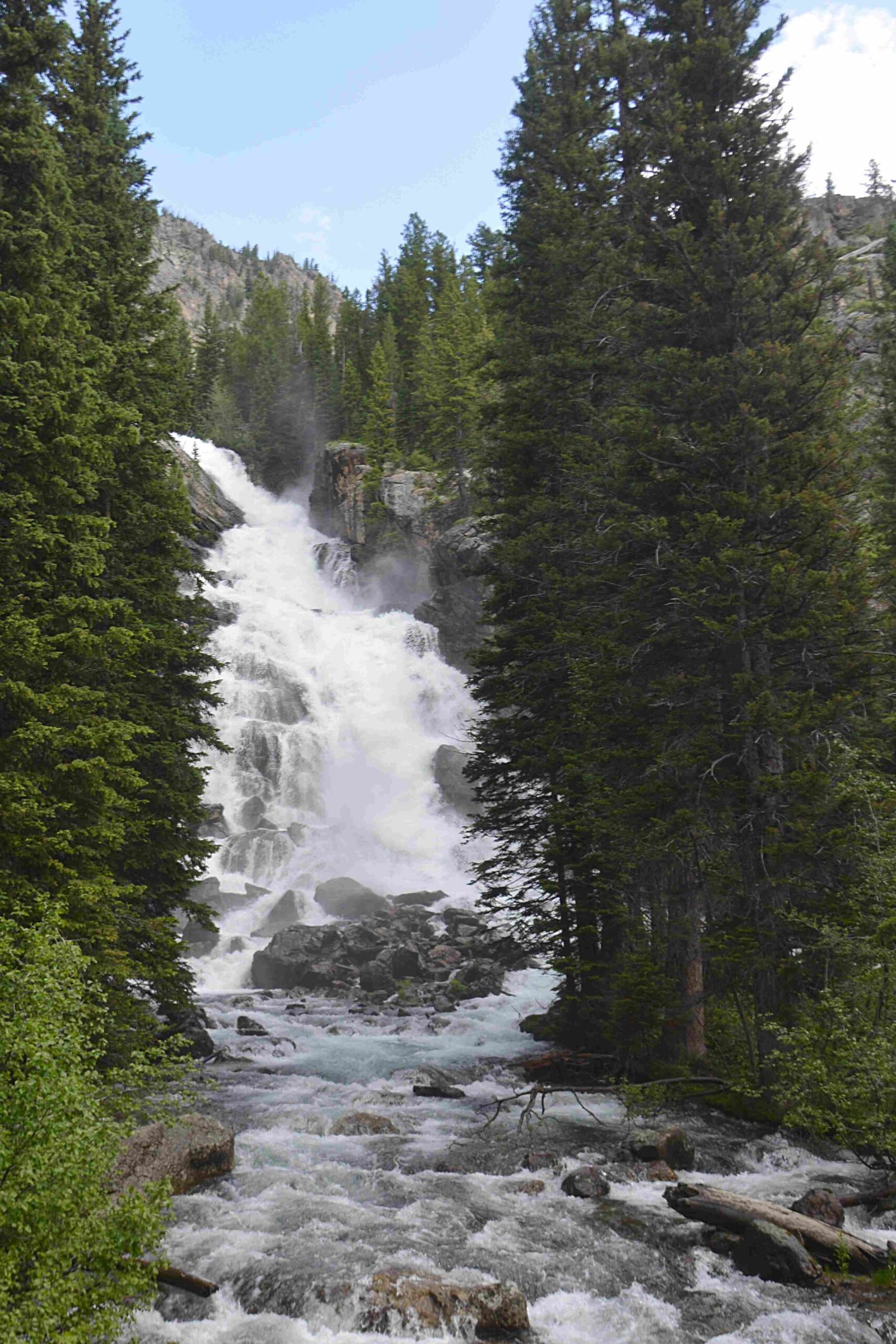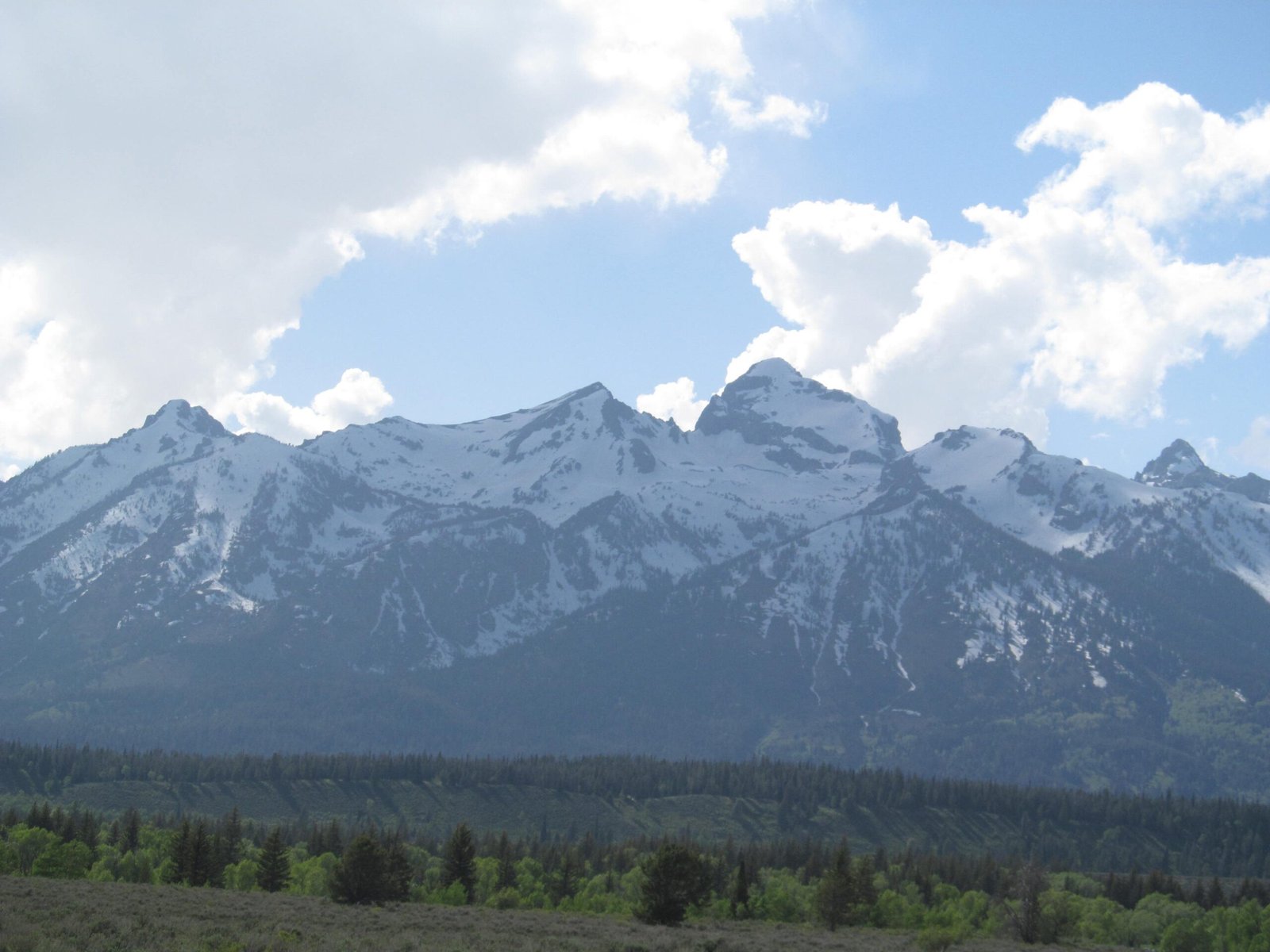Grand Teton National Park offers an extraordinary landscape of rugged mountain terrain, pristine alpine lakes, and diverse hiking trails that cater to every skill level. From gentle lakeside walks to challenging mountain summit routes, hikers can explore over 230 miles of trails that wind through dramatic mountain scenery, offering breathtaking views of the Teton Range, diverse wildlife encounters, and unforgettable wilderness experiences across varying difficulty levels and landscapes.
What Are the Best Day Hikes in Grand Teton?

Easy Trail Exploration
Jenny Lake Loop Trail
| Characteristic | Details |
|---|---|
| Distance | 6.5 miles |
| Difficulty | Easy |
| Elevation Gain | Minimal |
| Average Time | 4 hours |
The Jenny Lake Loop offers an accessible and scenic hiking experience perfect for families and casual hikers. Circumnavigating the beautiful alpine lake, this trail provides stunning views of the Teton Range from the eastern shoreline. Hikers can enjoy:
- Panoramic mountain vistas
- Potential wildlife sightings
- Well-maintained trail surface
- Multiple photography opportunities
Moderate Trail Adventures
Hidden Falls Trail
Key Highlights:
– 5-mile round trip
– 200-foot cascading waterfall
– Optional shuttle boat to reduce hiking distance
– Moderate difficulty level
Hikers can reach the spectacular Hidden Falls by two primary routes:
1. Full hiking route (5 miles)
2. Shuttle boat option (1 mile)
Advanced Mountain Routes
Garnet Canyon Meadows
Trail Specifications:
– Total Distance: 10 miles
– Elevation Gain: 3,000 feet
– Difficulty: Intermediate to Advanced
– Estimated Duration: 5-7 hours
This challenging trail offers:
– Alpine meadow exploration
– Wildflower viewing
– Dramatic mountain landscape views
– Close encounters with Middle Teton’s dramatic terrain
What Summit Hikes Challenge Experienced Hikers?

Grand Teton Summit Route
- Technical Difficulty: Class 3-4 climbing
- Summit Elevation: 13,770 feet
- Best Season: Late July to early September
- Recommended: Professional guide for inexperienced climbers
Preparation Recommendations
- Obtain necessary climbing permits
- Check weather conditions
- Bring appropriate technical climbing gear
- Consider hiring certified mountain guides
How Should Hikers Prepare for Grand Teton Trails?
Essential Hiking Preparation
- Carry sufficient water
- Pack high-energy snacks
- Wear layered clothing
- Bring navigation tools
- Check trail conditions before departure
- Inform someone about your hiking plans
Safety Considerations
- Altitude acclimatization
- Bear spray recommendation
- First aid kit
- Emergency communication device
- Proper hiking boots
What Wildlife Might Hikers Encounter?
Potential wildlife sightings include:
– Moose
– Black bears
– Grizzly bears
– Elk
– Mule deer
– Various bird species
Important Wildlife Safety Tips:
– Maintain safe distance
– Do not feed animals
– Make noise while hiking
– Carry bear spray
– Know proper wildlife encounter protocols
When Is the Best Time to Hike?
Seasonal Hiking Guide
- Summer (June-August): Peak hiking season
- Early Fall (September): Fewer crowds, beautiful colors
- Late Spring (May): Wildflower blooming
- Winter: Limited trail accessibility
Permit and Reservation Information
Hiking Permits
- Backcountry camping permits required
- Obtain from park visitor centers
- Limited daily allocations
- Advance reservation recommended
Recommended Gear List
Essential Hiking Equipment
- Sturdy hiking boots
- Moisture-wicking clothing
- Backpack
- Water filtration system
- Navigation tools
- Sun protection
- Emergency shelter
Cost Considerations
- Park entrance fee: $35 per vehicle
- Backcountry permit: Minimal fee
- Optional shuttle services
- Potential guide service costs
Reference:
– Grand Teton National Park Official Website
– Jackson Hole Travel Guide
– National Park Service Hiking Information

